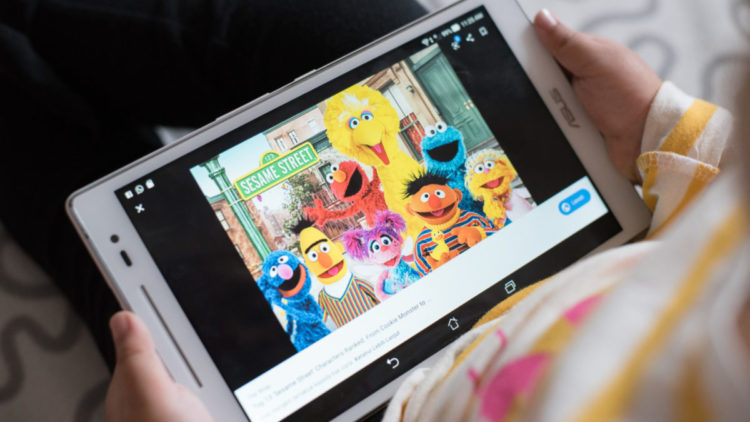9 Habits You Should Master Before Turning 30

As a teenager, things are new and exciting; we’re still learning new topics in school, and we’re navigating changing friendships and new loves.
In college, we’re surrounded by people who want to learn, encouraged to participate in internships and try new career options.
Then come our 20s, an unnerving, but exciting time to hone in on who we are, explore, and reach new potentials. It’s our first entryway into adult life, a time when we begin to figure out how we want to live and how to get there.
We no longer have the comforts of a college campus, the security of our parents, or the structure of a rigid schedule, but it’s this time when we can develop new habits that will help us for the remainder of adulthood.
Although new habits can — and should be — formed at any age, our 20s are an especially important time. The brain’s frontal lobe is still developing up until your mid 20s, and as you age, your brain’s ability to learn new skills diminish. Many people hope for security by their 30s, aspiring for a steady job and a family.
Everyone’s life takes a different trajectory, and no one path is the same, but there are some key habits that can benefit everyone by the time they’ve finished their 20s, no matter their walk of life. If you have yet to turn 30, consider adopting these nine habits, which can help you in all areas of life now.
1. Start Taking Care Of Your Health
Maybe it was easier to get away with eating junk food and soda all the time when you were younger, but soon enough these unhealthy habits will start having consequences.
Start eating healthy, exercising, and visiting your doctor regularly, as studies have found that good healthy habits in your 20s can affect your chances of disease and death later on.
2. Manage Your Finances
Sure, an expensive night out may have not seemed like a big deal when you were younger, but now’s the time to start thinking about your future.
Start putting part of your paycheck into a savings account each month, take advantage of your company’s 401k plan if they have one, and even consider investing. Starting to save when you are 25 versus 35 will make a significant impact come your time for retirement down the line.
3. Surround Yourself With Good People
Hopefully by the time you’re 30, you can recognize the type of people who bring you up over those who tear you down. Those goes for all aspects of life including friendships, relationships, and even colleagues.
Build solid, meaningful professional relationships, network, and keep loved ones close. Studies show that people who have a large network of good friends outlive those with fewer friends by 22 percent, as a solid support group can help ward of depression, boost self-estee, and improve quality of time.
4. Find A Passion
Even if it’s not finding your dream job or discovering your ultimate life goal, it’s important to find something you are passionate about, whether it’s a side hobby, a new career, or a volunteer experience.
Finding an activity you are passionate about can help boost levels of feel-good neurotransmitters in your brain, which can help fight off depression, improve your overall focus and concentration, boost your creativity, and even elevate your levels of self-esteem and self-confidence.
5. Take Risks
No one’s suggesting putting all your money into the Super Lotto or doing extreme cliff diving, but your 20s is the time to take measured risks in both your career and your relationships, despite how scary the prospect may sound. Tim Ferriss, author of “The 4-Hour Workweek” recommended this tip to The Business Insider:
- Fold a piece of paper into three columns.
- In the first column, write down all of the things that could go wrong should your attempt fail. Think of the most terrible things possible.
- In the second column, determine ways that you can mitigate the possibility of each of those bad consequences from happening.
- In the third column, think of how you would recover from each of the scenarios you imagined and wrote in the first column.
6. Accept Yourself
Just as your 20s are time for exploration, they are also a time for mistakes. But despite these errors, there is no better time to begin to accept yourself for who you are, even if you have experienced some failures. Studies have found that self-acceptance plays a crucial role in our happiness, yet it is one of the habits that people practice the least.
7. Keep Learning
Your lifelong education shouldn’t stop when you leave school or find a steady career. Learning new tasks can help form new connections in the brain, but it can also help fight off boredom, protect you from getting Alzheimer’s, and improve your creativity.
Plenty of successful people learned new skills at older ages, and you should try to maintain that zest for knowledge to help you out in all areas of life.












